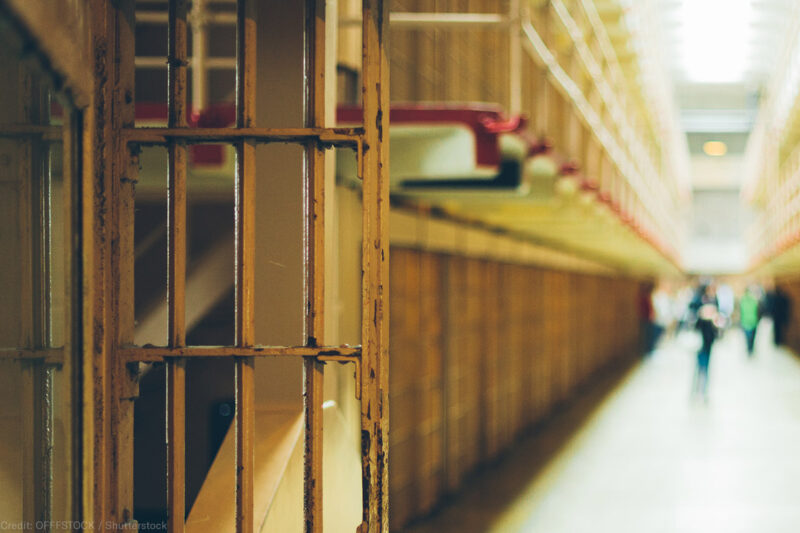
For the third time in less than four years, the ACLU of Pennsylvania and co-counsel from Arnold & Porter Kaye Scholer asked a federal judge last week to order Pennsylvania’s Department of Human Services to reduce the time that people with severe psychiatric disabilities spend waiting in jail for treatment beds. These people’s mental disabilities are so significant that under the Constitution they can be neither prosecuted nor punished, which means they cannot be kept in a prison or jail.
How disabled are our clients?
Most are floridly psychotic. This means that they see people who are not in the room, hear people who are not talking, and feel things — like armies of spiders crawling on them — that are not there. Jail conditions only exacerbate these symptoms and make them deteriorate further. They spread feces on themselves and eat it. Some become violent.
These people are also very alone. Many of our clients’ families have abandoned them — not because they are bad people necessarily, but because the societal and medical supports to help both their loved one and themselves are not there. And the clients’ illness prevents them from advocating for themselves. These people are helpless, often without anyone even trying to help them.
Our clients also share in common criminal charges for a range of transgressions, from stealing peppermint candies from a convenience store — I kid you not; check out our lead plaintiff's story — to murder. But because they are too sick to understand the charges or assist in defending against them, the Constitution prohibits them from being prosecuted or imprisoned.
If the criminal court determines that mental health treatment will likely make them competent within a reasonable time period, however, the court can order them into “competency restoration treatment.” This treatment need not involve expensive hospital beds; for some people, the treatment can be provided in the community.
In October 2015, we sued DHS over what appeared to be the longest wait times for incompetent criminal defendants in the country. Two federal courts had ruled that the Constitution requires states to transfer incompetent patients ordered to treatment within seven days. In Pennsylvania, one of the two DHS hospitals accepting such patients was so full that people were waiting in county jails for over a year, and in some cases more than two years.
These lengthy waits in jail are not only plainly unconstitutional: They are inhumane. People with severe psychiatric disabilities, who legally cannot be punished, are held in cages — that’s what a prison cell is, folks — usually with little or no mental health services. Studies reveal that individuals with major mental illnesses, as a group, face a substantial likelihood of getting seriously injured in prison. Confining severely mentally ill patients in close quarters with, and without adequate protection from, large numbers of antisocial persons with excess time and few productive activities results in bullying and predation.
Moreover, their mental illness causes them to act in ways prisons don’t condone, often leading to their placement in solitary confinement. Not only does the patient remain untreated, but the isolation causes the patient to decompensate much faster, exacerbating the mental health condition. These experiences — the trauma of physical and sexual victimization and conditions of solitary confinement, either alone or in combination — often aggravate inmates’ psychiatric symptoms and even create new mental disorders.
Our first injunction in the case resulted in a January 2016 settlement requiring DHS to study the problem to identify a solution as well as to add treatment beds. We suggested that many of the patients could be treated in community settings, which would be better for them and much cheaper for the agency. When those changes did not reduce wait times, we filed for a second injunction in summer 2017. The second settlement eventually reduced wait times to about 4-5 months, but that was still far too long, legally and medically.
Our third injunction request last week is straightforward: We ask the court to order DHS to meet the seven-day transfer period for all patients by Sept. 1. The agency will need to figure out how to do so. Our clients cannot continue to pay the heavy price of DHS’s failure to fix this problem.
If a society is judged by how it treats its most vulnerable citizens, Pennsylvania is not doing very well.


